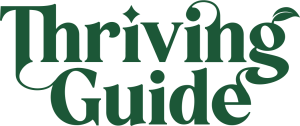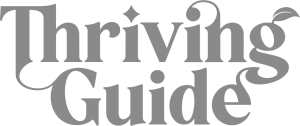
In the whirlwind of wellness trends, electrolyte supplements have emerged as a beacon for hydration and vitality. Tailored for the modern woman who juggles fitness goals, work demands, and a bustling social life, understanding the balance of electrolyte intake has never been more crucial. But with the surge in popularity comes the question: Is it possible to have too much of a good thing? Let’s dive into the essential guide to electrolyte supplementation, ensuring you stay energized, hydrated, and healthy.
The Essential Electrolyte Lowdown
At their core, electrolytes are minerals critical for various bodily functions, including hydration, muscle contractions, and nerve signaling. Key players include sodium, potassium, magnesium, and phosphorus, each serving a unique role in maintaining your body’s balance. However, disrupting this delicate equilibrium with excessive intake can lead to complications, underscoring the importance of moderation.
Identifying Your Needs
Whether you’re an athlete, an outdoor enthusiast, or simply someone looking to optimize hydration, electrolyte supplements can offer significant benefits. Yet, not everyone requires extra supplementation. Factors such as intense physical activity, exposure to high temperatures, or specific health conditions might increase your needs. Consulting with healthcare professionals can provide personalized advice, ensuring your electrolyte intake supports your lifestyle and health goals without tipping the scales towards excess.
Navigating the Market
The electrolyte supplement landscape is vast, with options ranging from powders to tablets, boasting benefits from no added sugars to the inclusion of health-boosting adaptogens. Choosing the right product involves considering your dietary preferences, budget, and lifestyle needs. For instance, athletes might lean towards supplements with added carbohydrates for energy, while those following a low-carb diet may prefer sugar-free options.
Signs You Might Be Overdoing It
While electrolyte supplements are generally safe, overconsumption can lead to health issues such as heart irregularities, muscle weakness, and confusion. This risk is particularly pronounced for individuals with conditions requiring a low sodium diet or those with kidney or heart disease. Recognizing the signs of electrolyte imbalance is key to maintaining optimal health.
Whole Foods: Nature’s Electrolytes
Supplements aren’t the only way to manage your electrolyte levels. Nature offers a bounty of foods rich in essential minerals. Incorporating coconut water, dairy, fruits, and vegetables into your diet can naturally boost your intake, providing a balanced approach to hydration and nutrition.
DIY Electrolyte Solutions
For those inclined towards a homemade approach, creating your own electrolyte drink can be a simple, cost-effective alternative. Mixing natural sources like coconut water or orange juice with a pinch of salt and a dash of citrus can provide a refreshing and balanced hydration solution.
Final Thoughts
Electrolyte supplements can be a valuable addition to your wellness routine, offering hydration and energy support. However, understanding your body’s needs and making informed choices is crucial to leveraging their benefits without risking overconsumption. By combining professional guidance, quality products, and natural sources, you can maintain the perfect electrolyte balance for a vibrant, healthy life.
Ready to elevate your health and hydration game? Explore more insights and tips on our wellness journey. Don’t forget to subscribe to our newsletter for the latest updates!










